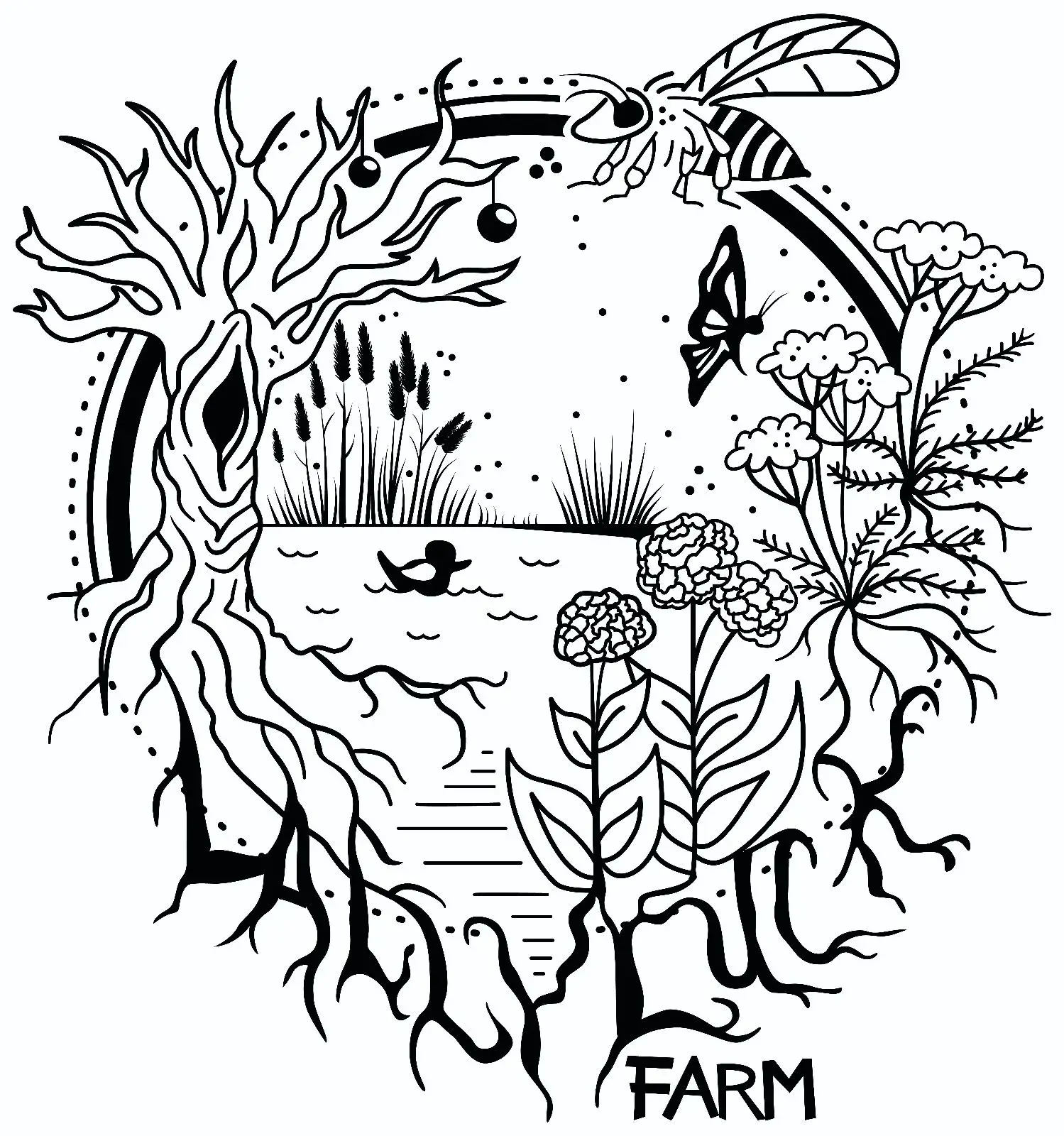Hey there everybody
For folks who are unfamiliar with us, we’re a small scale plant nursery that follows permaculture and regenerative agriculture principles. We’ve used tons of wood chips over the years and we’re getting ready to receive more over today and tomorrow. What would you like to know?


There’s not really anything permanent about their creation in that fashion. I do have a different feeling about the wood chips that I create when I do my own removals with axes and saws.
As for how it relates, the chips are moving from the lot next to ours - several trees were becoming hazards to our neighbor’s home. The company handling the removal would be driving them roughly thirty miles away if we didn’t divert them, using a truck with the capacity to haul 40 tons. I see a benefit to reducing the overall fossil fuel impact of this project, creating a relationship with this company to entice future reductions, and the potential to grow even more native plants to share with our community.